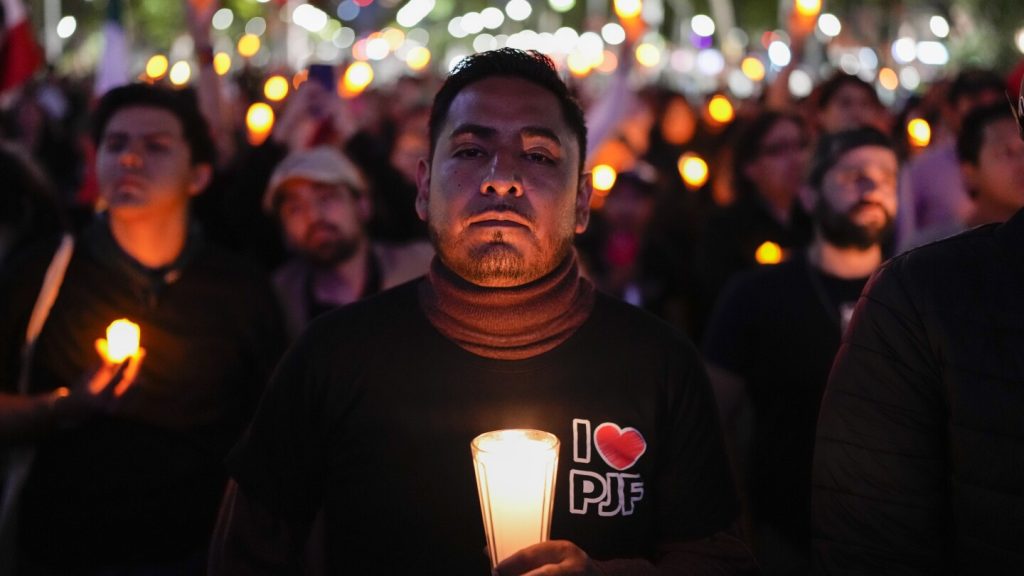Mexico’s President, Andrés Manuel López Obrador, announced a pause in relations with the United States and Canada after both countries expressed concerns about a proposed judicial overhaul that critics fear could compromise the independence of the judiciary. The proposal includes electing judges to office, a move that experts believe could lead to politically biased judgments with little experience. The criticism has sparked protests, strikes, and backlash from investors and financial institutions. Last week, American ambassador Ken Salazar called the proposal a risk to democracy, prompting López Obrador to accuse the ambassador of violating Mexican sovereignty. While Salazar has since expressed openness to dialogue, bipartisan U.S. senators have voiced deep concerns about the proposed reforms, further escalating tensions.
During a press briefing, López Obrador accused the U.S. State Department of influencing the sharp comments made by Ambassador Salazar and stated that relations are on pause until the countries respect Mexico’s sovereignty. He also criticized Canada for interfering in an internal matter, highlighting the crucial commercial relationship between the three countries, which reached $1.8 trillion in trade in 2022. Despite the tensions, the impact on economic and diplomatic ties remains uncertain. The Mexican Secretary of Foreign Relations has supported López Obrador’s stance against what she sees as interventionist policies by the U.S. and Canada while maintaining that the trilateral relationship is a priority.
The recent comments from U.S. officials have heightened tensions between the two countries, with concerns raised by members of the Senate Foreign Relations Committee about the judicial overhaul and other constitutional reforms. López Obrador’s confrontational approach comes amid revelations about the apprehension of a Mexican drug lord by U.S. authorities, leading to a more aggressive tone from the Mexican President. This latest escalation follows a previous diplomatic pause with Spain in 2022 over energy company disputes, indicating López Obrador’s willingness to push back against perceived injustices.
Political analysts suggest that the heightened tensions with the U.S. could impact the incoming President, Claudia Sheinbaum, who takes office on October 1. While the situation could present challenges for Mexico’s first female president, it may also offer an opportunity for her to establish a more moderate approach and distance herself from López Obrador’s confrontational style. The ongoing strained relations with the U.S. and Canada raise questions about the future of the trilateral relationship and the potential economic repercussions for all three countries. It remains to be seen how the situation will unfold as López Obrador prepares to hand over power.


